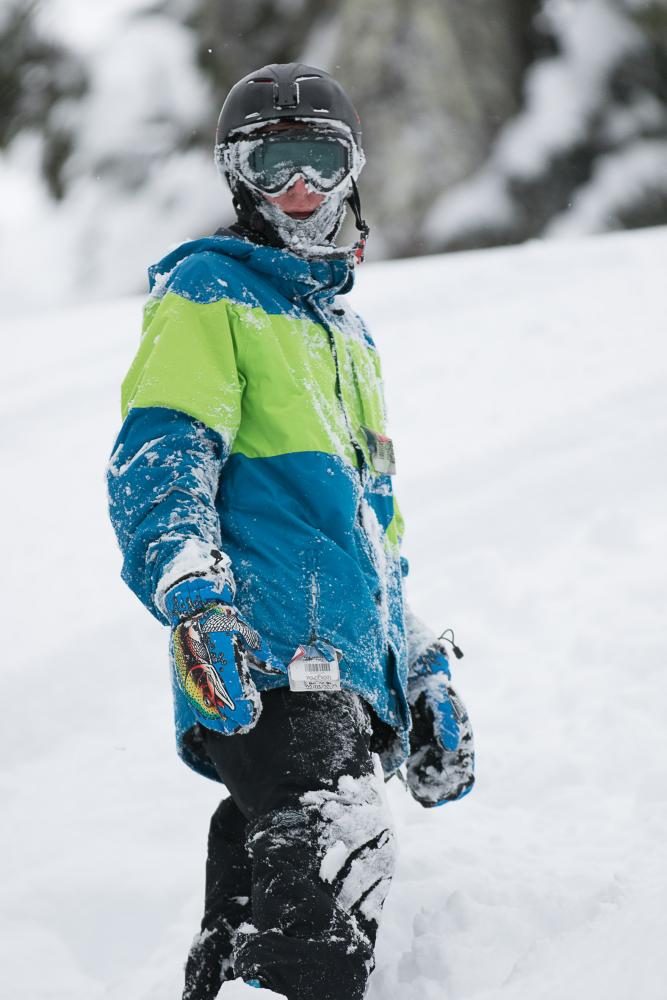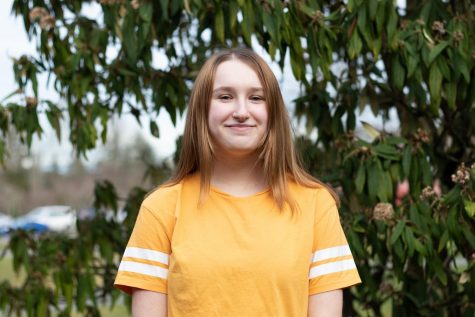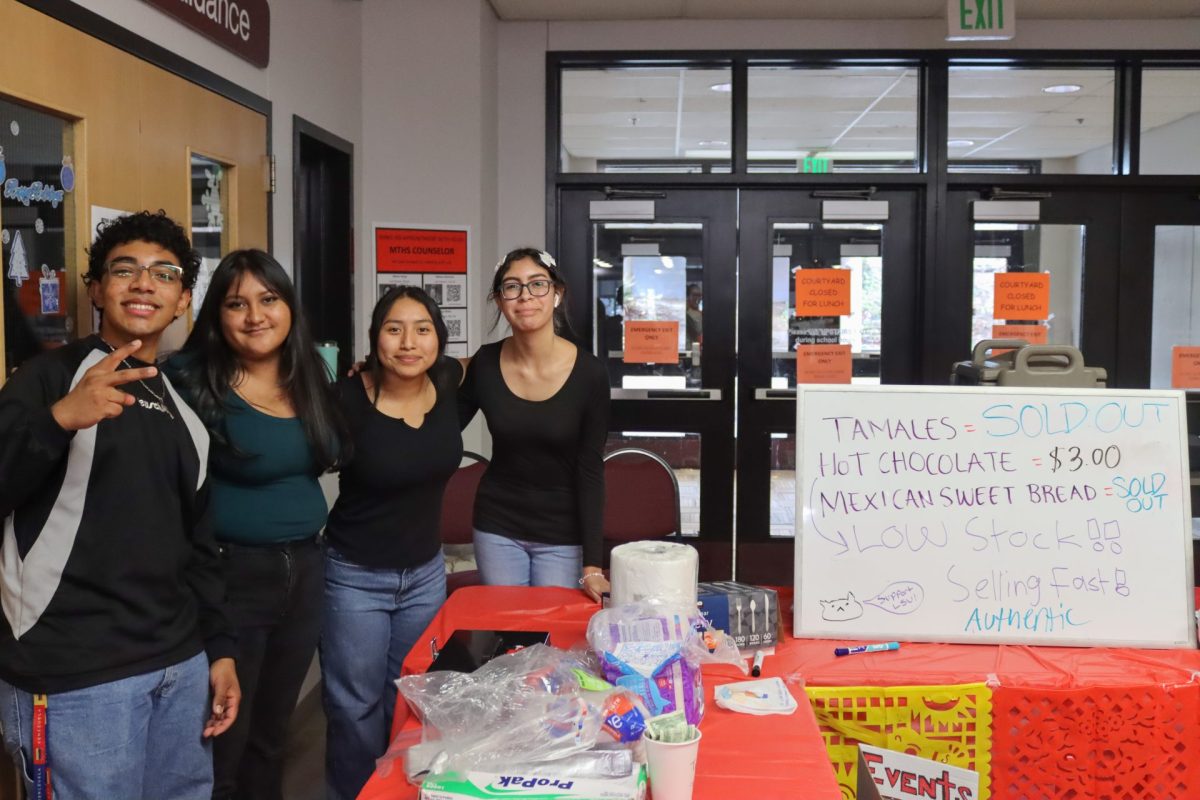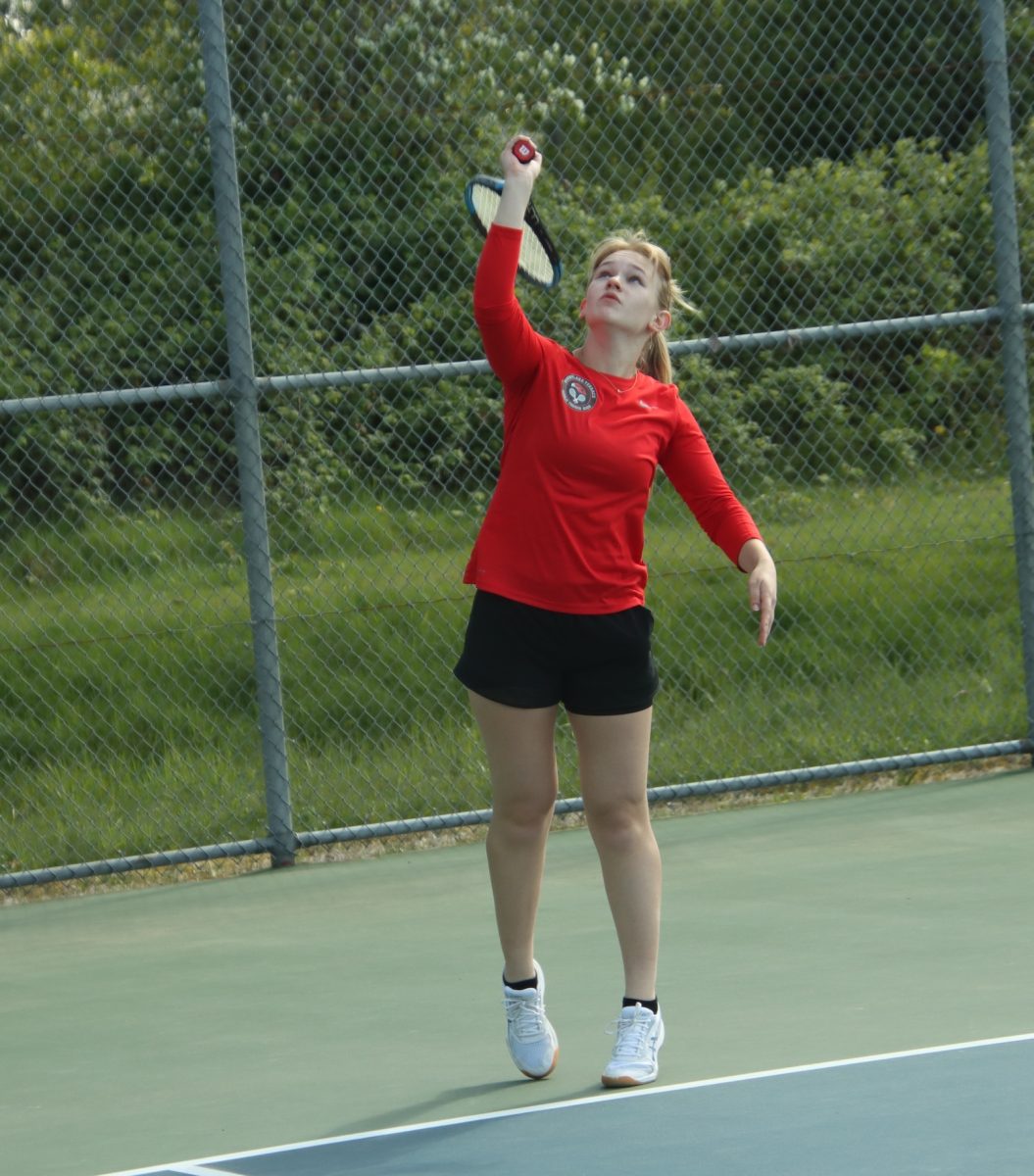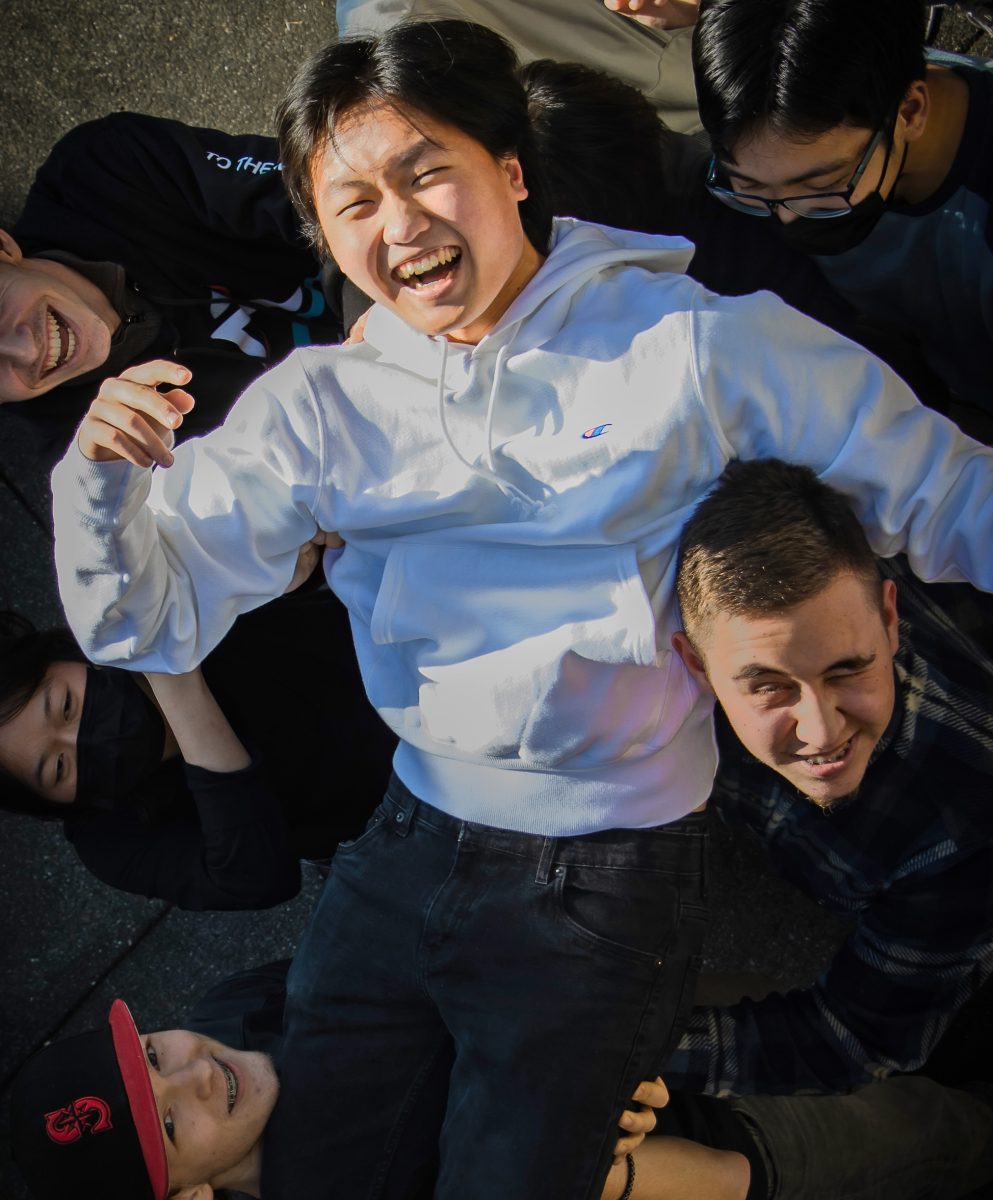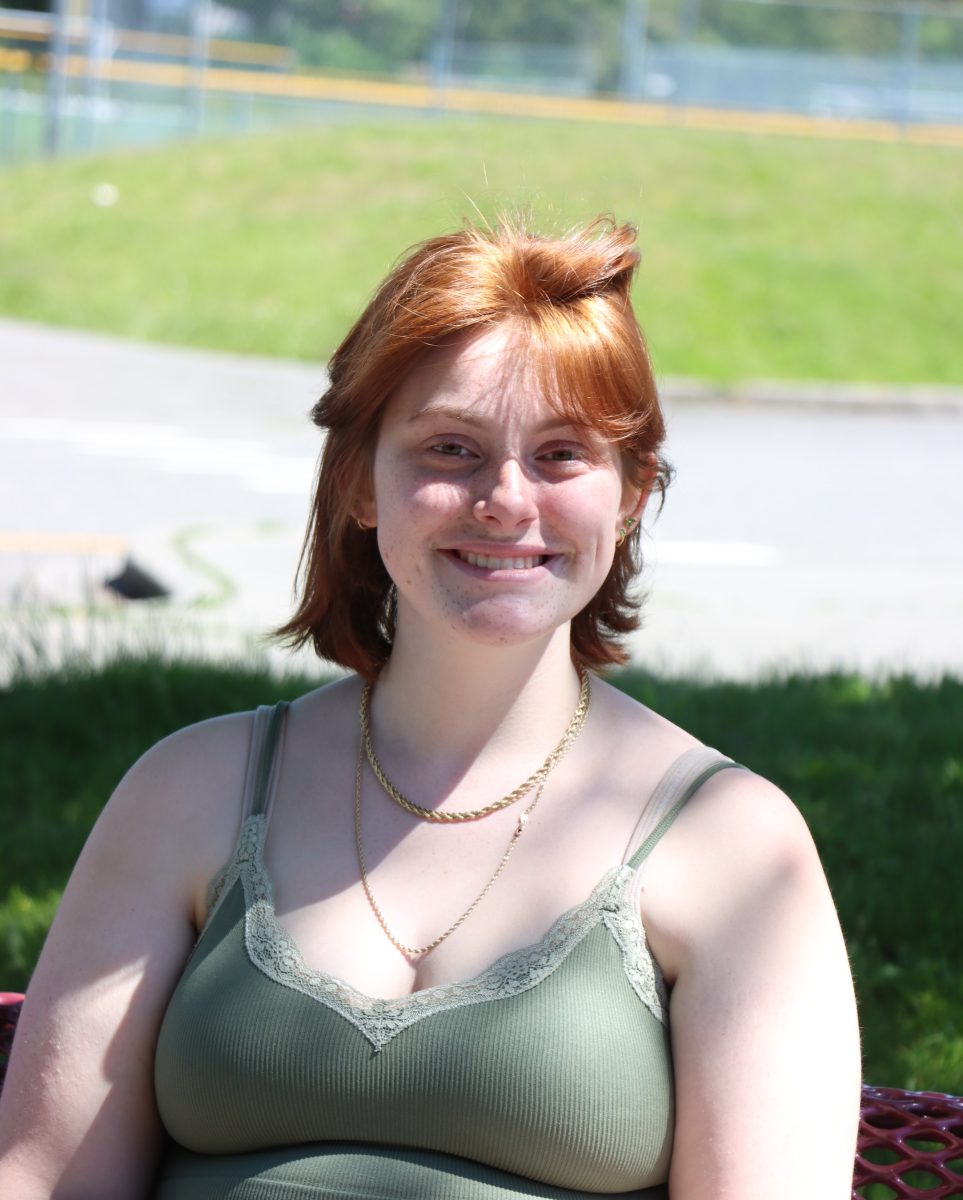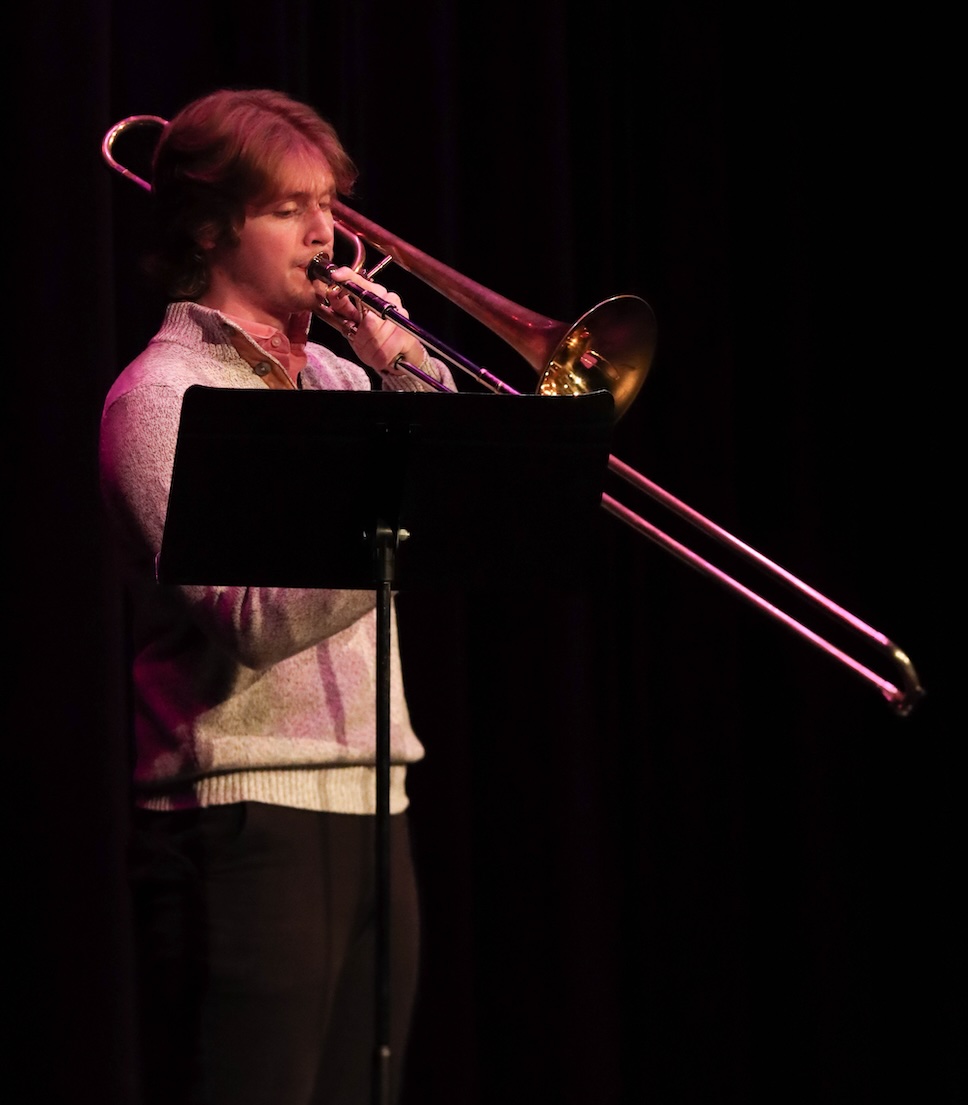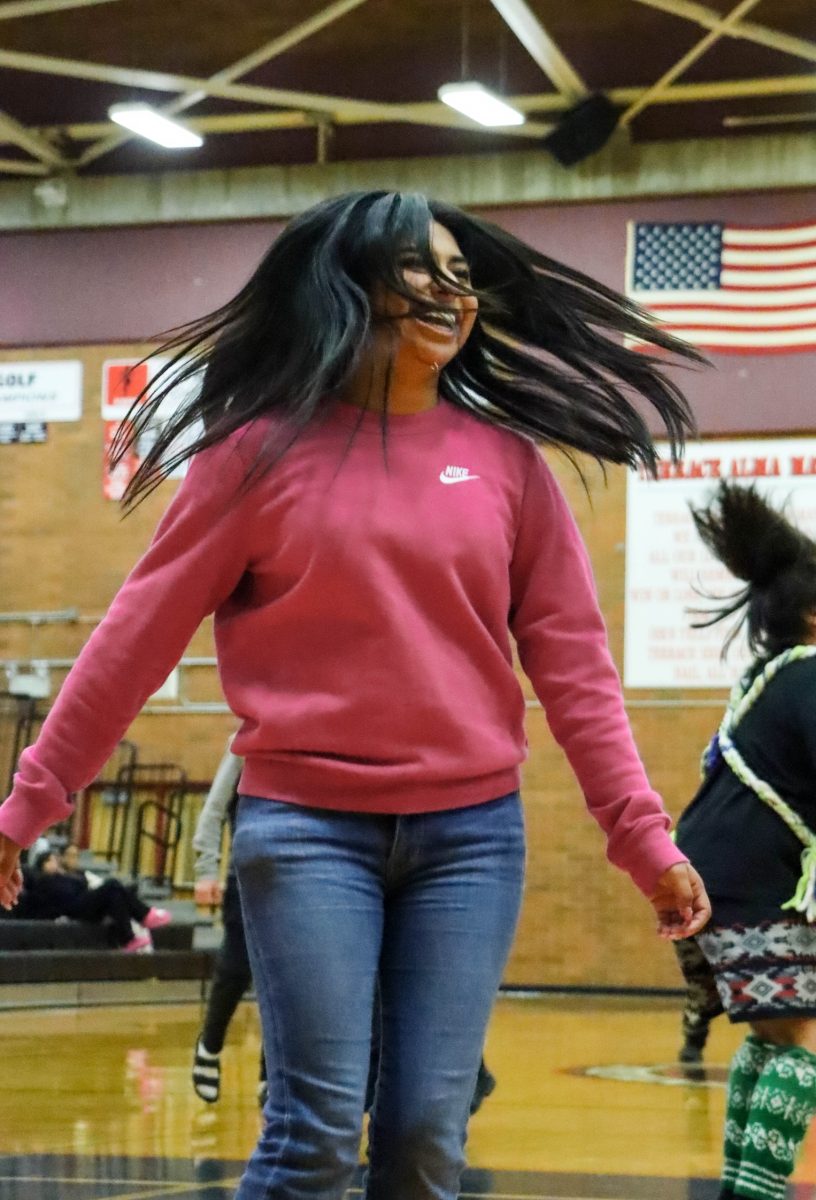Max Leidig was born two minutes after his twin brother Nick Leidig 18 years ago.
“I never hear the end of it ever; he is always the older brother,” Max Leidig said.
While everyone knows Nick Leidig is the older brother, some people believe Max Leidig is the older one.
They both have opposite schedules so they don’t see each other throughout the day but they drive to school together; the only other times they see each other are late at night or at work. Both Max Leidig and Nick Leidig work at Anthony’s, a restaurant in Edmonds. Normally, one of them is working when the other isn’t.
One day in eighth grade, Max Leidig and Nick Leidig switched schedules for the whole day; none of their teachers knew but their friends did.
The both of them play basketball every once and awhile to make sure they’re both on good terms with each other.
“We do get in fights, but it used to be worse than it was now,” Max Leidig said.
School
In freshman year, Leidig had poor grades, but the rest of his years have been better. He was pretty quiet and just tried to fit in freshman year.
“As far as education would go, science [influenced] me the most,” Leidig said. He has been in the STEM program for four years and took the Biotechnology pathway.
For his senior project, he worked with Vesta Baumgartner. They used two different types of fungi and two different types of strains to by the process of mycoremediation filter out total petroleum hydrocarbons from sewer water. Mycoremediation is the process of fungi using extracellular enzymes to break down hydrocarbons (oil and diesel.)
Baumgartner and Leidig worked in downtown Seattle off I-5 with their mentor Alex Taylor, who is a grad student from Washington State University, and together they set up a test site underneath the ship canal bridge.
They took the water off the I-5 bridge because of all the oil that leaks off cars that then goes into Lake Union. They then used mycoremediation to test reducing oil removal.
The two of them had an 80 percent success rate. Leidig said his purpose for the experiment was to explore water quality.
“Water quality, especially in Washington and other places, has been deteriorating and it’s definitely a big issue for concern because we need water for a lot of things,” Leidig said.
Leidig has taken at least one AP class every year since sophomore year and has always been in honors classes.
“I was thinking about [Running Start], but I didn’t want to go back and forth between campuses,” Leidig said. Instead, he’s getting college credit through College in the High School, which is a program for high school students and allows the credits for the class someone is taking in high school transfer to a community college class.
“[Penny] Lefavour is my [favorite teacher]; she influenced me a lot and she always helps,” Leidig said, smiling. He has had Lefavour for biotechnology and has her for AP Biology and STEM English 12.
Leidig is going for his STEM diploma and wants to focus on environmental science and biotechnology in the future.
Leidig’s next journey is to Western Washington University, which he chose because it was closer than other colleges. He’s planning on staying for four years, but said that everything changes in college.
“I could start in what I think I’m going to major in, environmental science, but then get a degree in business,” Leidig said. He is expecting his routine to change but says his study habits will be good because of all the AP and STEM classes he has taken.
Hiking Club
Throughout his four years, senior Danny Smart and Leidig refounded hiking club — with math teacher Nancy Paine as the advisor.
“You get to see a lot of cool places you don’t usually see and you get to share that with people,” Leidig said.
While he uses the club to spend time with friends, he also uses it for exercise, especially with senior Jack Fiorillo; both of them are wanting to get into mountain climbing and hiking helps people prepare for that.
Along with going on hikes with the club about twice a month, Leidig also goes on hikes with his friends he knows through snowboarding.
“Sometimes we will hike up the mountain and then ski down,” Leidig said.
“Heliotrope Ridge by Mount Baker is my [favorite hike]. It’s about four miles in and four miles out,” Leidig said. “You hike up a glacier that is huge and it goes from being 50-60 degrees to 30 all of a sudden.”
He enjoys “roughing it” and says it’s more fun; he starts by setting up his tent and then finding everything he needs. He started camping with his family and they do a couple trips a year down the coast.
Work
Outside of his enjoyment for camping and hiking, Leidig’s part-time job at Anthony’s was intended to help him start saving for college. He had also applied to Olive Garden, but then was hired on the spot by Anthony’s.
He works as a busboy, clearing and resetting tables. He also brings water and drinks to customers and will go downstairs if they’re busy to help out with serving. Downstairs, compared to upstairs, is a more casual dining area.
Most of his teachers know that he works at Anthony’s, as they have seen him on the job before.
“One time I was working on New Year’s Eve and had just put on my uniform and Lefavour was sitting there with her entire family,” Leidig said.
While both work and school together are tiring for Leidig, he makes an effort to balance his schedule by using a lot of PASS and class time to finish his work and get ahead when there’s a substitute teacher.
Snowboarding
“Three or four years ago my [neighbor] brought me back into [snowboarding],” Leidig said.
While Leidig had gone up snowboarding a few times as a kid, he didn’t go back up until he was about 13 or 14.
“He showed me a video and I was like ‘damn that’s really cool,’” Leidig said.
Now, Leidig goes snowboarding every weekend.
“I haven’t found a feeling like it anywhere else. You forget about everything when you’re out there,” Leidig said. “You don’t think about how you have homework or school the next morning, you’re just escaping everything.”
Leidig has gotten a lot of free stuff from his snowboarding over the years. He got things from a competition once, but otherwise it was from helping out.
“I wouldn’t really say I have a sponsor, nor do I really want one. Just because then you have a lot of obligations and I just do it for me,” Leidig said.


